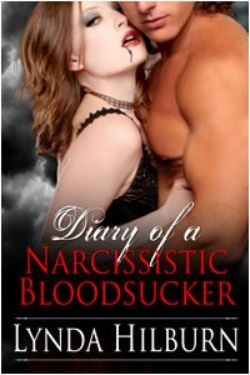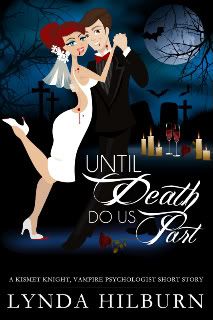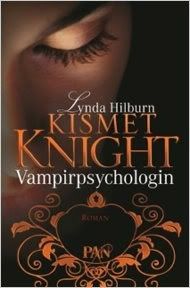Guest Author: Veronica Scott
Using the Gods Of Egypt As Characters
They always say you should write the book you can’t find
enough of on the shelf and for me, that would be romances set in Ancient Egypt,
with the gods actively taking part in events. I write in the 1550 BCE time
frame, a period of great change for the Egyptians as they threw off a foreign
invader. The true events of history create many plot opportunities. I do tons
of research in order to put my characters in a setting which feels real and
evocative of the time but I also take some deliberate liberties with history.
My Pharaoh is a composite of several men who sat the throne at this time, for
example.

One of the best things about employing the Egyptian gods as
characters is that there were many varying legends and beliefs about each
deity, so I can pick and choose the aspects that work best for my story. A true
lightbulb moment for me was when I was studying a statue of Sobek, the
Crocodile God, in his half human form and realized I was looking at a shifter. While the Egyptians never
depicted him in full human guise, what if that was just because they never
happened to see him that way? And what if he enjoyed walking as a human on his
favorite part of the Nile’s riverbank at twilight and happened to hear a
priestess singing one of his favorite paeans? (Crocodiles have very sensitive
hearing as it turns out.) Romance ensues…that was the beginning of my debut
novella, Priestess of the Nile from Carina Press. Sobek has his challenges,
understanding the human heart and what it means to truly love.
For my current release, Warrior of the Nile, I started with
opposing sister goddesses, Isis and Nephthys.
What if Nephthys was trying to solve a problem and needed humans to
assist her? She’s a goddess of death, a fierce deity with the power to
incinerate enemies of Pharaoh, one who can wield significant magic. In my world, she’ll do anything to protect
Egypt from a black magic threat, but she’s not very sympathetic to individual men
and women. “Humans are but tools to
accomplish the goal, pawns to play in the game,” the goddess said (in my
novel). Isis, on the other hand, is willing to intervene on occasion. She was regarded by the Egyptians as the ideal
mother and wife and everyone felt they could ask her to help them with their
individual problems, despite her lofty role in the pantheon of gods. (Did I
mention she appears in Priestess of the Nile as well?). Here’s what she had to
say in my novel, in part: “Perhaps I believe there can be an even better
outcome. Perhaps I argued with my sister to no avail about the deliberate
sacrifice of human lives and immortal souls, no matter how noble the cause.
Such actions are the start of a slippery path. Perhaps I think oaths shouldn’t
be sworn for all time, levied on innocent descendants of the oath giver.”
And finally, in Dancer of the Nile, which comes out October
15th, I had great fun with Renenutet the Snake Goddess. She was particularly involved with the
harvest but as a woman with the head of a cobra, she has her deadlier aspects,
believe me. Some Egyptian myths designated her as the wife of Sobek, but I
chose to go with the idea they’d been lovers at some point, not married. As Sobek says, “Snakes and
crocodiles, we’re among the oldest creatures. We took pleasure together from
time to time. “ Yes, I’ve made Renenutet
the ex girlfriend in effect.
Here’s the story for Warrior of the Nile:
Lady Tiya is bound
to the service of the goddess Nephthys, who plans to sacrifice Tiya’s body to
protect Egypt from an ancient terror. She embarks to meet her grim fate alone
but for the hardened warrior Khenet, who is fated to die at her side. Tiya’s
dreams of love and family now seem impossible, and Khenet, who is the last of
his line, knows his culture will die with him. Struggling with the high cost of
Nephthys’s demands, both resolve to remain loyal.
Neither expects the
passion that flowers when Tiya’s quiet courage and ethereal beauty meet
Khenet’s firm strength and resolve. On a boat down the Nile, their two lonely
souls find in each other a reason to live. But time is short and trust elusive.
Without the willing
sacrifice of Tiya and Khenet, a great evil will return to Egypt. How could the
gods demand their deaths when they’ve only just begun to live?
Veronica is giving away an Amazon gift card to one commenter!





















0 Comments:
Post a Comment
<< Home